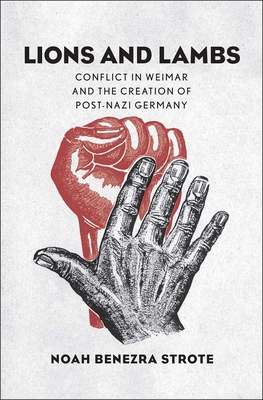Expedite your nonfiction book discovery process with Readara interviews, summaries and recommendations, Broaden your knowledge and gain insights from leading experts and scholars
In-depth, hour-long interviews with notable nonfiction authors, Gain new perspectives and ideas from the writer’s expertise and research, Valuable resource for readers and researchers
Optimize your book discovery process, Four-to eight-page summaries prepared by subject matter experts, Quickly review the book’s central messages and range of content
Books are handpicked covering a wide range of important categories and topics, Selected authors are subject experts, field professionals, or distinguished academics
Our editorial team includes books offering insights, unique views and researched-narratives in categories, Trade shows and book fairs, Book signings and in person author talks,Webinars and online events
Connect with editors and designers,Discover PR & marketing services providers, Source printers and related service providers

Lions and Lambs: Conflict in Weimar and the Creation of Post-Nazi Germany
History > Europe - Germany
- Yale University Press
- Hardcover
- 9780300219050
- 9.3 X 6.4 X 1 inches
- 1.4 pounds
- History > Europe - Germany
- (Single Author) Asian American
- English
Readara.com
Book Description
Not long after the horrors of World War II and the Holocaust, Germans rebuilt their shattered country and emerged as one of the leading nations of the Western liberal world. In his debut work, Noah Strote analyzes this remarkable turnaround and challenges the widely held perception that the Western Allies--particularly the United States--were responsible for Germany's transformation. Instead, Strote draws from never-before-seen material to show how common opposition to Adolf Hitler united the fractious groups that had once vied for supremacy under the Weimar Republic, Germany's first democracy (1918-1933). His character-driven narrative follows ten Germans of rival worldviews who experienced the breakdown of Weimar society, lived under the Nazi dictatorship, and together assumed founding roles in the democratic reconstruction.
While many have imagined postwar Germany as the product of foreign-led democratization, this study highlights the crucial role of indigenous ideas and institutions that stretched back decades before Hitler. Foregrounding the resolution of key conflicts that crippled the country's first democracy, Strote presents a new model for understanding the origins of today's Federal Republic.
Author Bio
Noah Strote earned his Ph.D. at UC Berkeley in 2011 and has also studied at Columbia University in the City of New York and the Humboldt University of Berlin. He offers lectures in modern European history and German history, as well as seminars in selected topics such as Fascism and National Socialism, imperialism, the Holocaust, and the Cold War.
- Research Interests
Twentieth-Century European Politics, - Nationalism, Antisemitism,
- Social Thought,
- Imperialism
- Education
Ph.D. History University of California, Berkeley 2011 - B.A. History Columbia University 2002
Source: NC State University College of Humanities and Social Sciences
Videos
No Videos
Community reviews
No Community reviews

